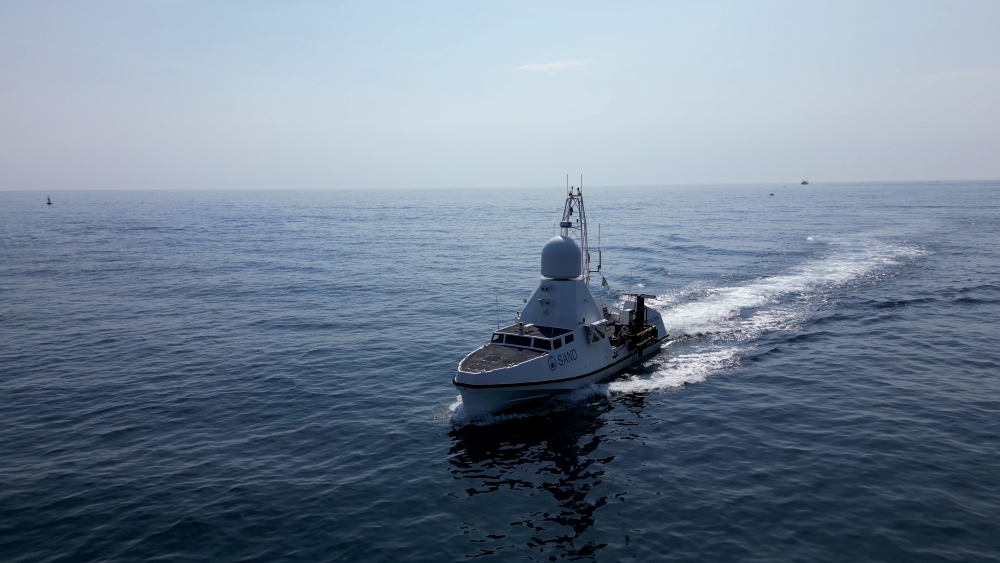
Fincantieri, along with its subsidiaries Fincantieri NexTech and IDS (Ingegneria dei Sistemi), is participating for the second consecutive year in the REPMUS (Robotic Experimentation and Prototyping augmented by Maritime Unmanned Systems) military exercise taking place in Portugal.
This annual event is organized by the Portuguese Navy in collaboration with NATO and the European Defence Agency (EDA), featuring participation from international military forces, universities, and leading technology companies. In collaboration with the Italian Navy's CSSN (Centro di Supporto e Sperimentazione Navale) and partners Graal Tech and WSense, Fincantieri is evaluating advanced unmanned autonomous technologies in a practical setting.
This includes the Multi-Mission MUS Toolkit, which utilizes the Surface Advanced Naval Drone (SAND), as well as the innovative Unmanned Management System (UMS). Fincantieri's involvement in REPMUS underscores its dedication to enhancing its strategy in the underwater sector, an area increasingly influenced by significant geopolitical challenges where technological advancements are essential for future developments.
The 2024 edition features an upgraded UMS from IDS, now equipped with new technical and operational enhancements. These improvements facilitate autonomous operations of unmanned vehicles and ensure compatibility with other systems through new protocols like NATO's emerging STANAG 4817 and established protocols such as APP-11 for Naval Mine Warfare.
This results in a novel, invisible intermodal digital connection that links the sensors of underwater vehicles, the SAND Unmanned Surface Vehicle (USV), and the UMS. Operators can now efficiently access, manage, and share data. This information flow allows for near real-time tracking of underwater vehicles' positions and statuses, adjustments to their operations, image capture from underwater sensors, and mission report generation for collaborating units.
The Multi-Mission MUS Toolkit is designed for integration into both next-generation vessels and existing ones, improving military operational efficiency. The UMS platform and autonomous operations are overseen through remote control stations developed by Fincantieri NexTech's 'Unmanned Management Systems & Underwater' division, leveraging IDS's expertise in remote-controlled systems.
Launched in early 2019 as part of a collaborative project involving IDS, Effebi, and Meccano Engineering, the SAND surface drone is a versatile unmanned vehicle capable of various missions including search and rescue, environmental monitoring, and maritime security. It is specifically engineered to autonomously replace personnel in hazardous or repetitive operational contexts.
Since 2023, SAND has been fitted with an advanced Launch and Recovery System (LARS), enhancing the deployment capabilities of autonomous underwater vehicles and significantly improving effectiveness in mine countermeasures, anti-submarine warfare, and safeguarding critical seabed infrastructure. With the UMS system, SAND also acts as a communication relay that enables coordinated management of multiple unmanned systems — airborne, surface, and underwater—from virtual shore-based 'ships' or actual vessels like the Italian Navy's Multi-Mission European Frigates (FREMM) or Multi-Purpose Combat Ships (PPA).








